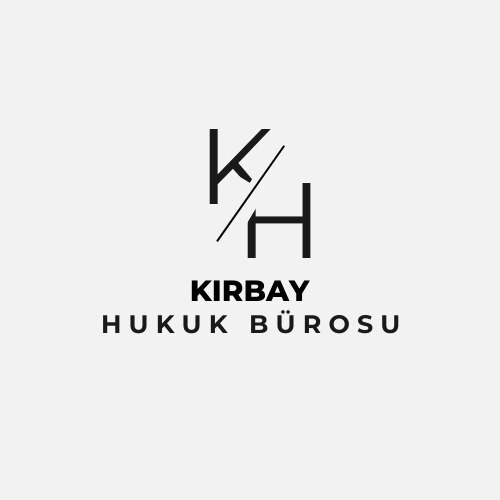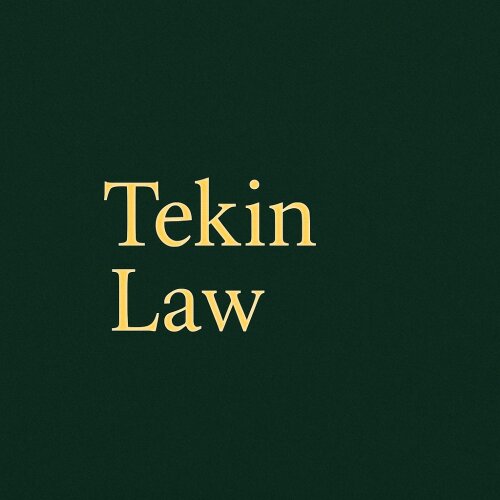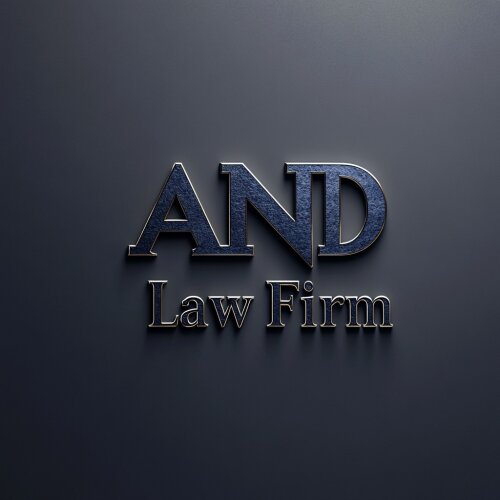Best Antitrust Litigation Lawyers in Turkey
Share your needs with us, get contacted by law firms.
Free. Takes 2 min.
Or refine your search by selecting a city:
List of the best lawyers in Turkey
Legal guides written by Tekin Law Firm:
- Arbitration in Turkey
About Antitrust Litigation Law in Turkey
Antitrust litigation in Turkey focuses on preventing practices that restrict competition in markets, such as cartels, abuse of dominant position, and certain mergers or acquisitions that could hinder fair competition. The primary law governing these activities is the Law No. 4054 on the Protection of Competition, commonly known as the Competition Law. The law is enforced by the Turkish Competition Authority (Rekabet Kurumu), which has the authority to investigate, sanction, and regulate business practices that may negatively impact competition and consumer welfare within Turkey.
Why You May Need a Lawyer
Individuals and businesses may require legal assistance in antitrust matters for several reasons. Common scenarios include:
- Facing an investigation by the Turkish Competition Authority due to suspected anti-competitive behavior.
- Being accused of participating in cartels or collusive agreements that restrict competition.
- Dealing with allegations of abusing a dominant market position, such as imposing unfair prices or exclusionary practices.
- Submitting a merger or acquisition for review and approval to ensure compliance with competition laws.
- Seeking compensation for damages suffered as a result of another company’s anti-competitive actions.
- Needing advice on compliance programs that align with Turkish antitrust regulations.
- Responding to dawn raids and requests for information from the Competition Authority.
- Litigating or negotiating settlements before courts or the Competition Authority.
Legal counsel is essential to navigate complex investigations, comply with statutory requirements, minimize penalties, and protect your rights.
Local Laws Overview
The cornerstone of antitrust law in Turkey is the Law No. 4054 on the Protection of Competition. Key aspects to know include:
- Prohibition of Agreements Restricting Competition: Any agreement or concerted practice between companies that may restrict, prevent, or distort competition is prohibited. Cartel agreements are strictly forbidden.
- Abuse of Dominant Position: Companies that hold a dominant market position must not abuse that power. Abuses include unfair pricing, limiting production, or refusing to supply certain buyers.
- Control of Mergers and Acquisitions: Certain mergers and acquisitions require notification to and approval by the Competition Authority to ensure they do not create or strengthen a dominant position in the market.
- Investigative and Sanctioning Power: The Competition Authority has broad investigative powers, including dawn raids, document requests, and witness interviews. Violation of competition rules can result in significant administrative fines and orders to cease illegal conduct.
- Leniency Program: The Turkish Competition Authority operates a leniency program to encourage participants in anti-competitive practices to self-report in exchange for reduced penalties.
- Judicial Review: Decisions of the Competition Authority can be challenged before administrative courts.
Frequently Asked Questions
What is the main law governing antitrust litigation in Turkey?
The primary legislation is Law No. 4054 on the Protection of Competition, enforced by the Turkish Competition Authority.
What actions are considered anti-competitive under Turkish law?
Agreements restricting competition, abuse of dominant position, and certain mergers or acquisitions that impede competition are considered anti-competitive.
How does the Turkish Competition Authority conduct investigations?
The Authority investigates through dawn raids, document inspections, interviews, and information requests.
What are the penalties for violating competition law?
Fines can reach up to ten percent of a company’s annual turnover, along with orders to cease illegal behavior and the possibility of damages claims in civil courts.
What should I do if I am subject to a dawn raid?
Immediately consult with a qualified antitrust lawyer to protect your rights, assist with compliance, and manage risks.
When is a merger or acquisition subject to notification?
If the transaction exceeds certain turnover thresholds set by the Competition Authority, it must be notified and approved before completion.
Can individuals or companies report anti-competitive practices?
Yes, anyone can file a complaint to the Competition Authority regarding suspected violations.
Is there protection for companies that self-report violations?
Yes, the leniency program provides reduced penalties for entities that self-report their involvement in cartels or other violations.
Can decisions of the Competition Authority be appealed?
Yes, parties can seek judicial review of the Authority’s decisions before the administrative courts.
Is private antitrust litigation possible in Turkey?
Yes, those harmed by anti-competitive practices can file civil lawsuits for damages in Turkish courts.
Additional Resources
To learn more or seek guidance, the following are key resources for antitrust litigation in Turkey:
- Turkish Competition Authority (Rekabet Kurumu): The official regulator for enforcement and guidance of competition law.
- Ministry of Trade: Provides economic and trade guidance, including information on fair competition.
- Bar Associations: Offer directories of specialized competition law attorneys.
- Turkish Court of Cassation (Yargitay): Publishes key case law on competition and antitrust matters.
- Academic Institutions: Law faculties and legal research centers in Turkey produce guides and articles on competition law topics.
Next Steps
If you believe you are involved in or affected by an antitrust issue in Turkey, it is important to act promptly. Here are suggested next steps:
- Gather and organize all relevant documentation related to your situation, including contracts, communications, and any notifications from authorities.
- Contact a qualified lawyer who specializes in competition law for an initial consultation. They can assess your case, explain your rights, and outline potential risks or strategies.
- If subject to an investigation or legal proceedings, avoid making statements or providing documents until you have received legal advice.
- Review your company’s compliance procedures to minimize future risks.
- Follow your legal advisor’s recommendations to protect your interests and ensure compliance with Turkish antitrust regulations.
Seeking professional legal advice is the best way to navigate the complexities of antitrust litigation in Turkey and achieve a favorable outcome.
Lawzana helps you find the best lawyers and law firms in Turkey through a curated and pre-screened list of qualified legal professionals. Our platform offers rankings and detailed profiles of attorneys and law firms, allowing you to compare based on practice areas, including Antitrust Litigation, experience, and client feedback.
Each profile includes a description of the firm's areas of practice, client reviews, team members and partners, year of establishment, spoken languages, office locations, contact information, social media presence, and any published articles or resources. Most firms on our platform speak English and are experienced in both local and international legal matters.
Get a quote from top-rated law firms in Turkey — quickly, securely, and without unnecessary hassle.
Disclaimer:
The information provided on this page is for general informational purposes only and does not constitute legal advice. While we strive to ensure the accuracy and relevance of the content, legal information may change over time, and interpretations of the law can vary. You should always consult with a qualified legal professional for advice specific to your situation.
We disclaim all liability for actions taken or not taken based on the content of this page. If you believe any information is incorrect or outdated, please contact us, and we will review and update it where appropriate.
Browse antitrust litigation law firms by city in Turkey
Refine your search by selecting a city.

















